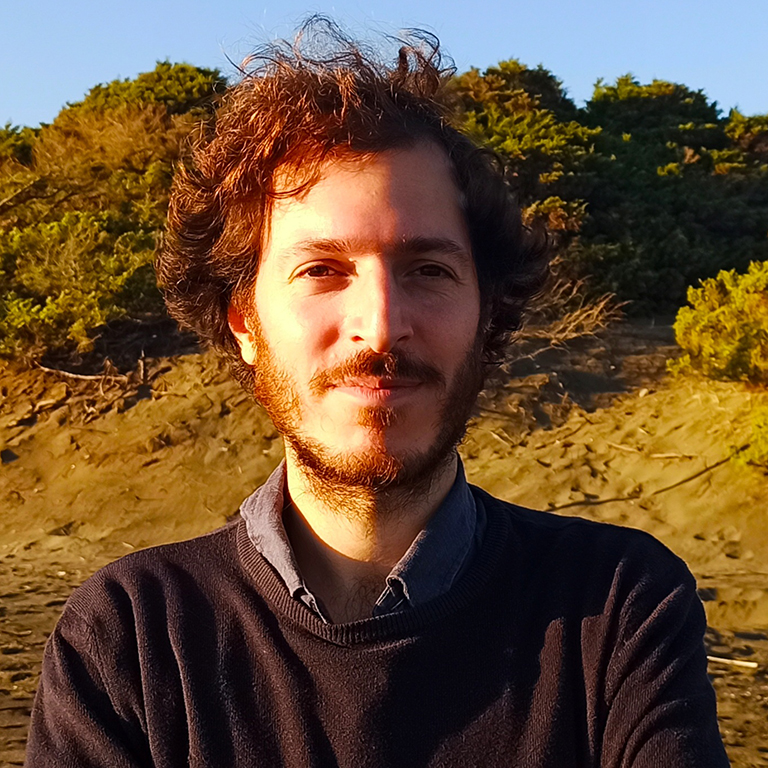- Ph.D., Romance languages and Literatures, University of Chicago
- M.A., Romance Philology, University of Rome “La Sapienza”
- BA, Lettere, University of Rome “La Sapienza”

Filippo Petricca
Assistant Professor, French and Italian

Assistant Professor, French and Italian
I am a Romance philologist and comparative literary scholar of medieval European literature. I envision medieval Italian fiction, my area of expertise, in close, continuous, and generative connection with different Romance languages and with early modern and modern literatures. My research challenges the entrenched and reductive portrayal of the Middle Ages as pre-, un-, or anti-modern: I am interested in the ways in which scholars, authors, and readers created the category of “Middle Ages” as well as in the making of the concepts of modernity and progress, and how literature has contributed to shaping such categories.
My main research projects currently investigate the relationship between literature and economics, with a special focus on medieval Italy and France. I am interested in the porous zones in which literature and economics overlap and interact, and the ways in which fiction creates possible worlds that refashion historical realities.
I am currently working on two book projects. The first is a monograph on Dante’s Commedia entitled Dante’s Divine Economy, which reads Dante’s poem in relation to medieval economic thought and practices, with a special focus on the concept of economic, moral, religious, and literary debt. The second book, The Virtuous Economy, is a comparative study which recreates a conversation between French and Italian medieval literature and examines how fiction envisions and shapes a set of instructions, guidelines, and questions on moral dilemmas and economic theories and practices. The virtuous economy is an ideal that merges ethics and economics and is enacted in fictional works; it promotes social behaviors such as sharing wealth, making donations to the Church, merchants reserving a share of their profits for God, and paying tithes as ways to encourage authors and readers to participate in a moral community.